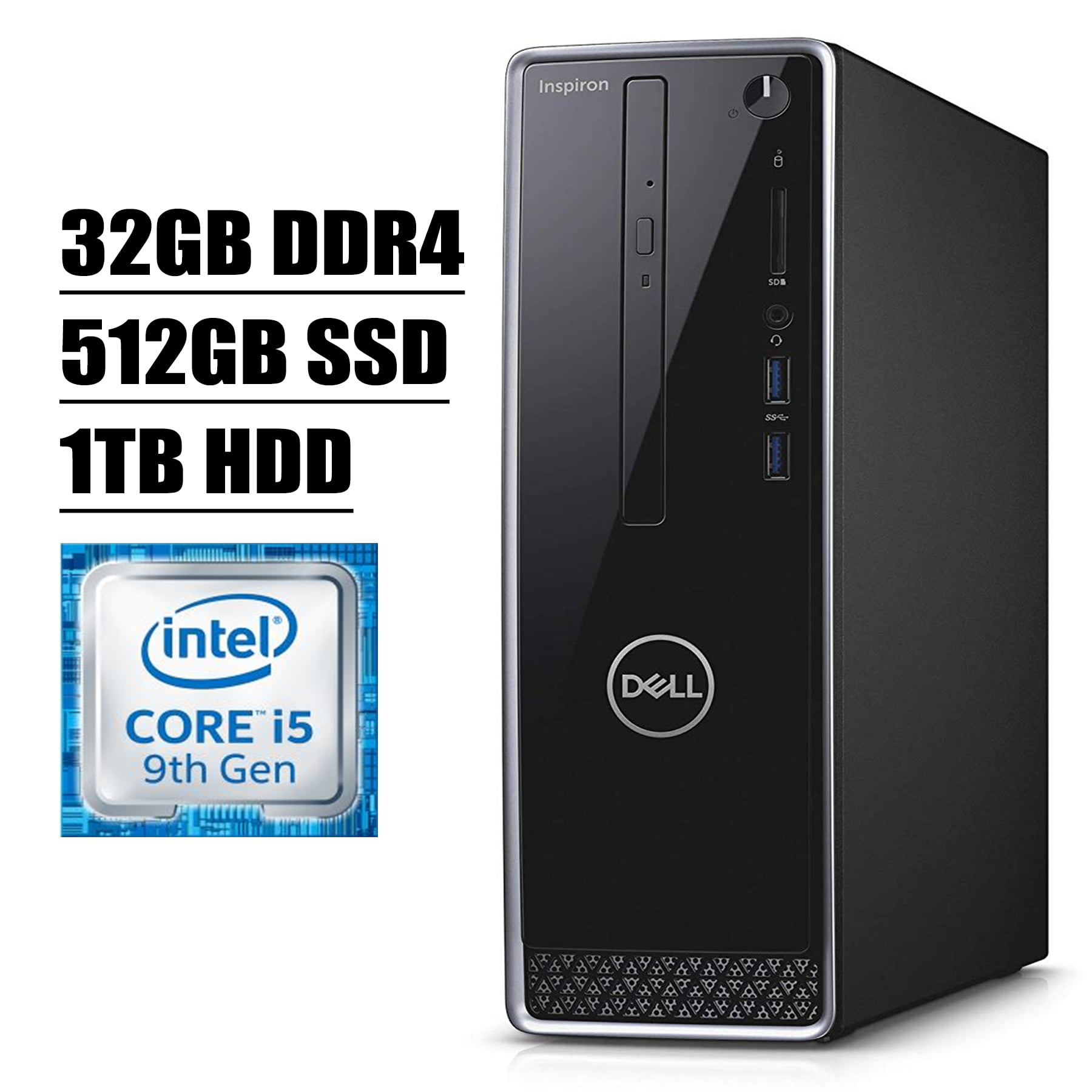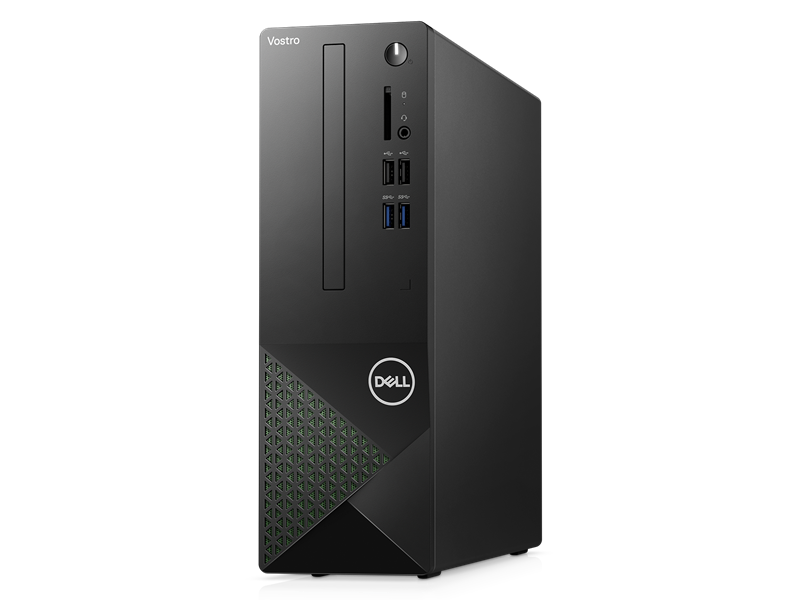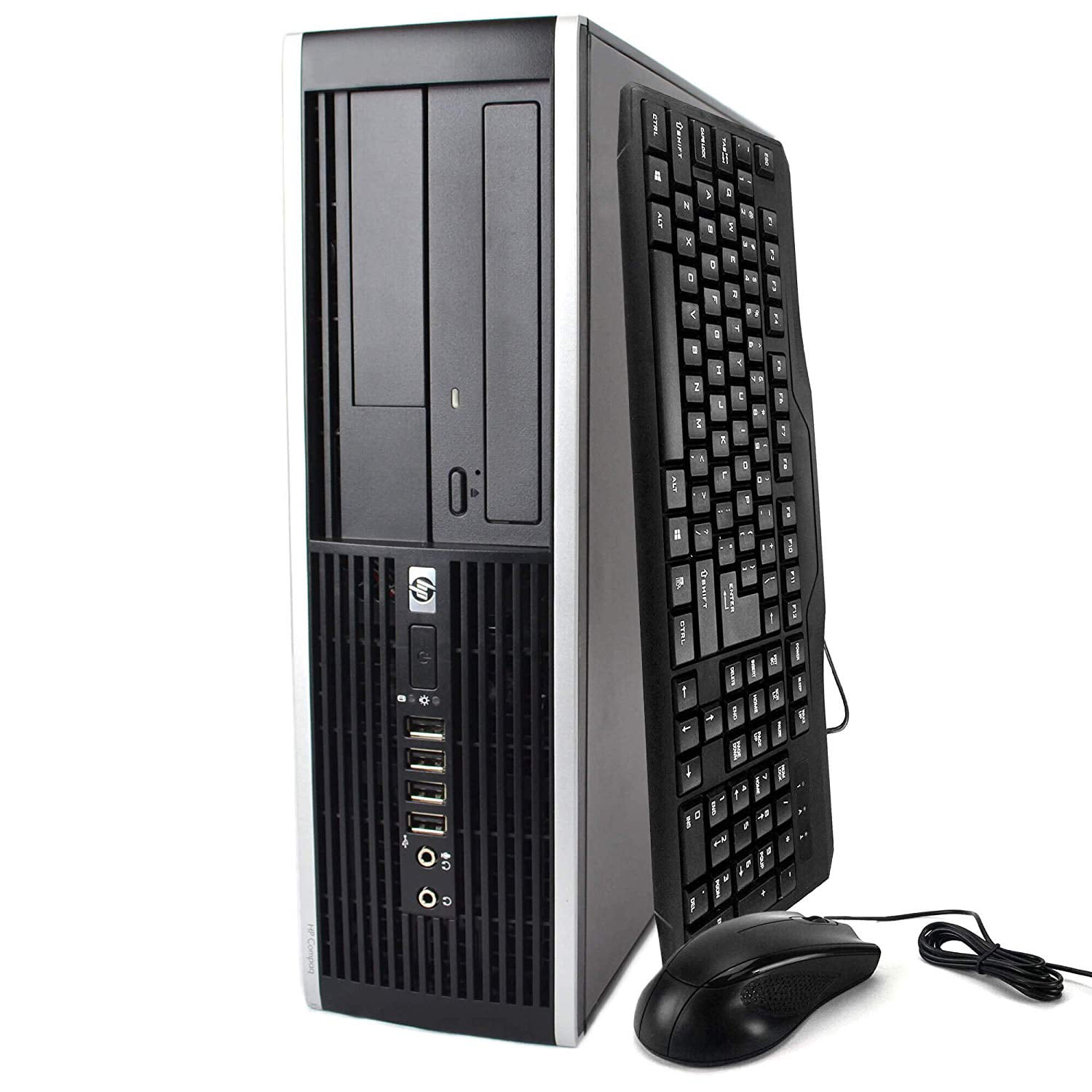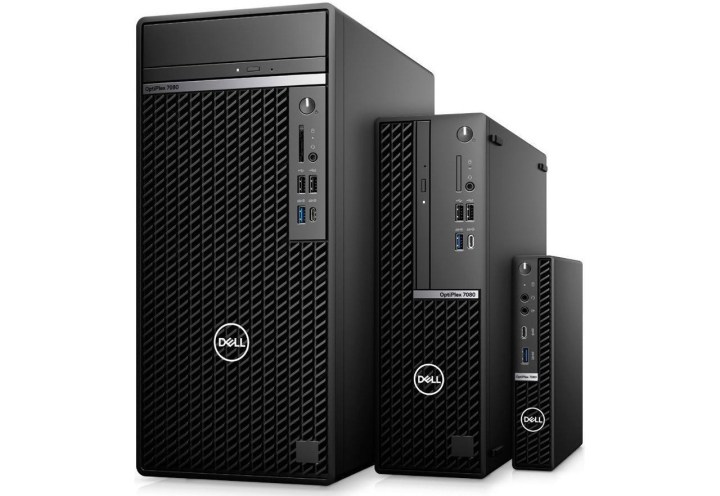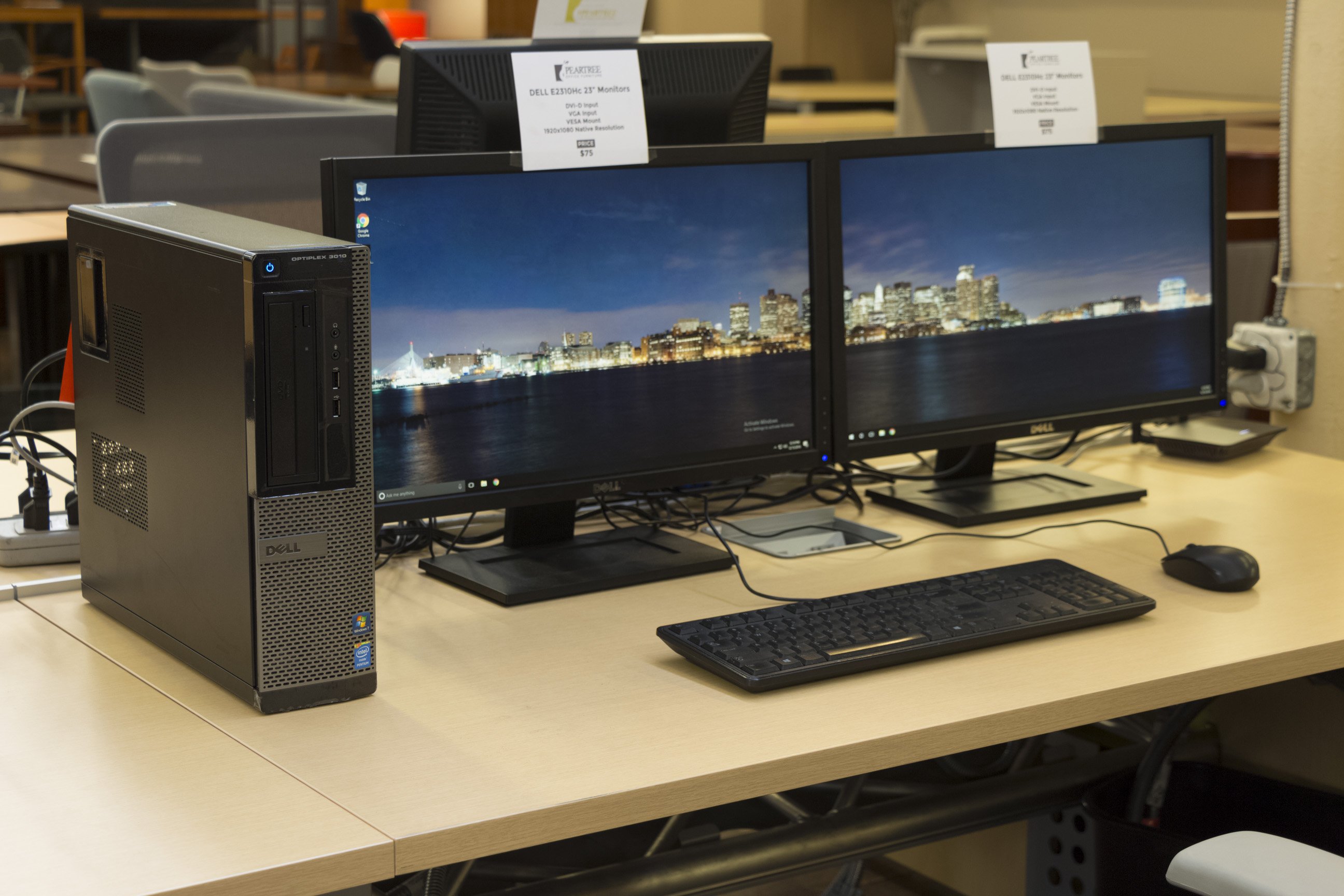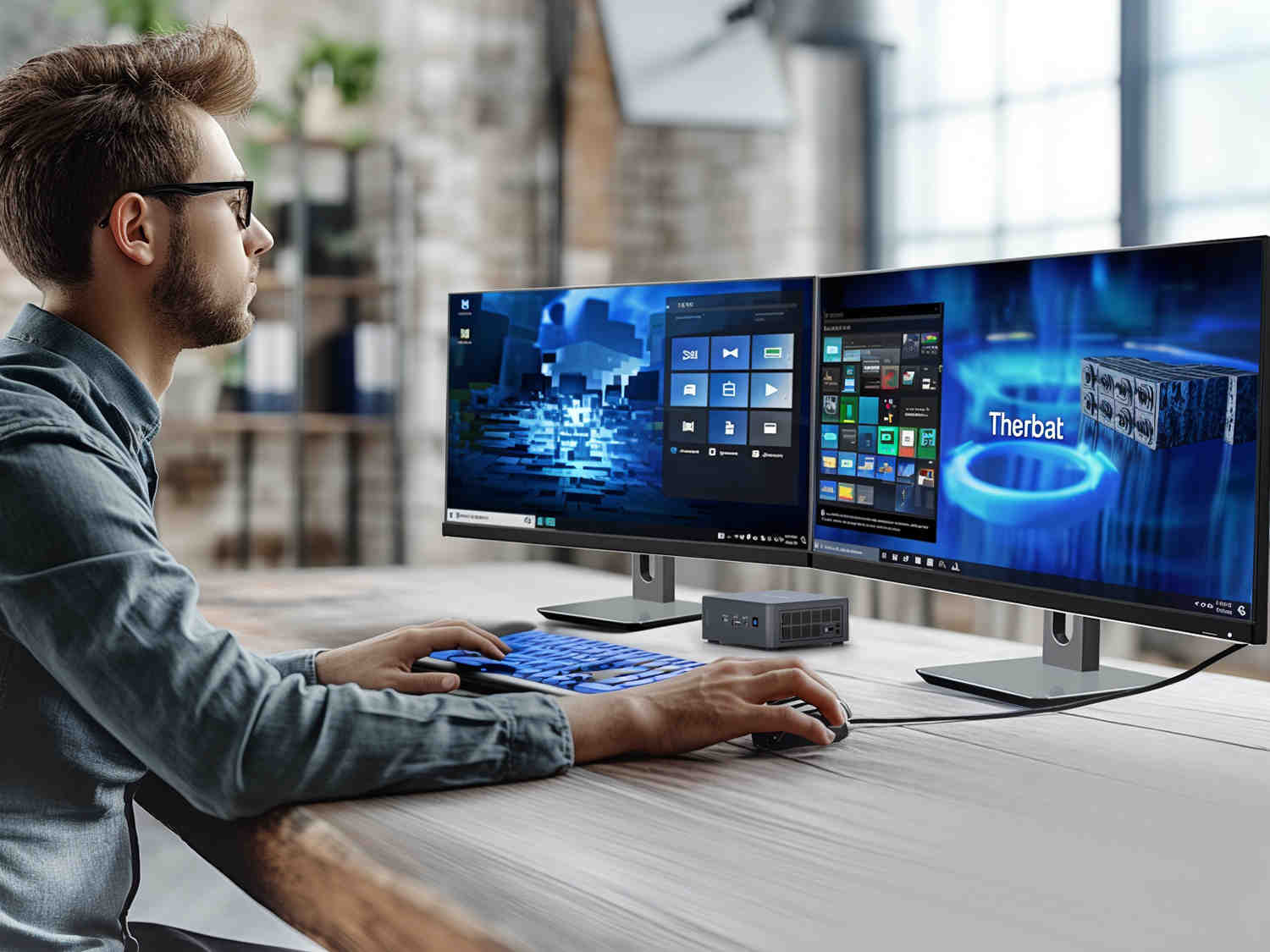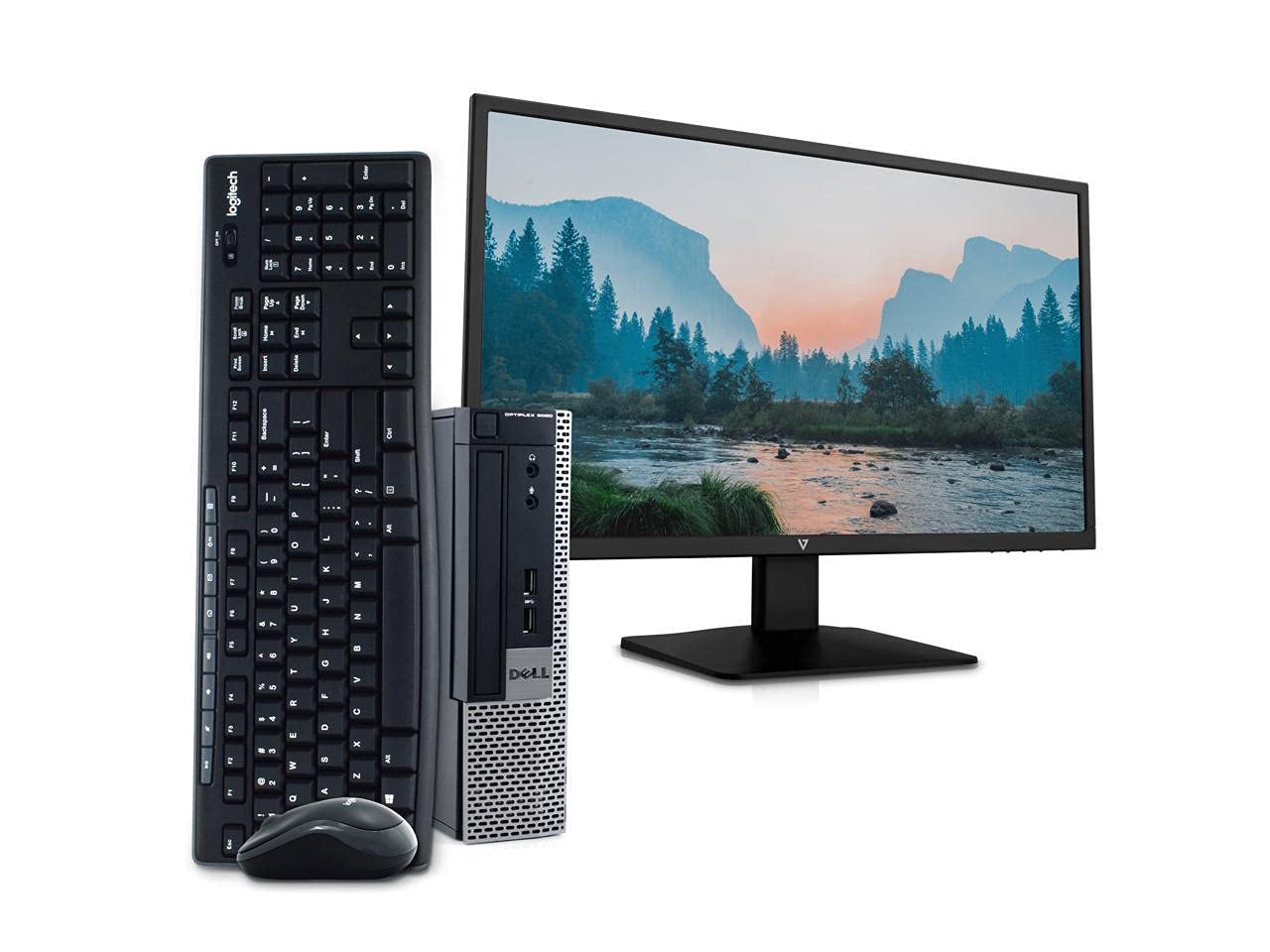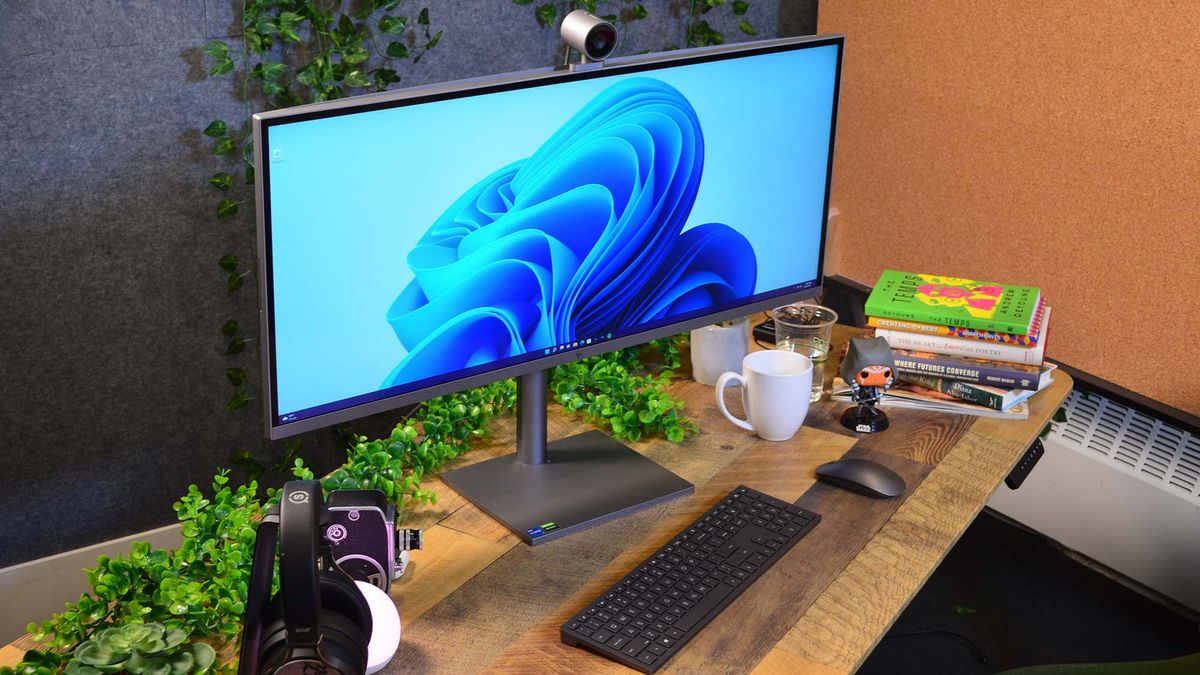Desktop Computers For Small Business
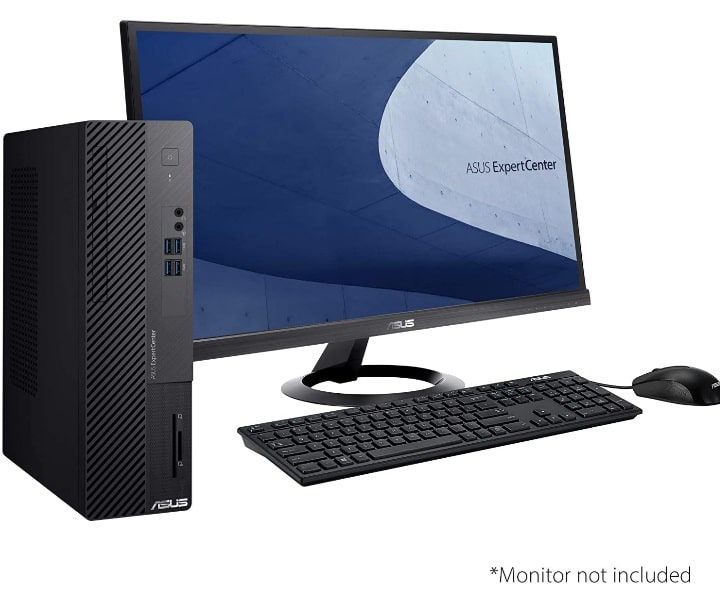
Starting a small business is a whirlwind. Amidst the chaos of crafting the perfect logo and securing funding, a fundamental decision often gets overlooked: the right desktop computer.
This guide cuts through the tech jargon and helps first-time business buyers like you select the best desktop for your needs. We'll explore top models, dissect crucial features, and even weigh the pros and cons of buying used versus new.
Why Your Desktop Matters More Than You Think
Your desktop computer is the nerve center of your operation. It's where you manage finances, create marketing materials, communicate with clients, and so much more.
Choosing the right one impacts productivity, efficiency, and ultimately, your bottom line. A slow, unreliable machine can cost you valuable time and money.
Top 5 Desktop Computers for Small Businesses
Here's a quick comparison of five popular desktop models, tailored for small business use.
| Model | Price (USD) | Processor | RAM | Storage | Warranty |
|---|---|---|---|---|---|
| Dell OptiPlex 3000 | $600 | Intel Core i5 | 8GB | 256GB SSD | 1 Year |
| HP ProDesk 400 G9 | $650 | Intel Core i5 | 8GB | 256GB SSD | 1 Year |
| Apple iMac (24-inch) | $1300 | Apple M1 | 8GB | 256GB SSD | 1 Year |
| Lenovo ThinkCentre M70s | $550 | Intel Core i3 | 8GB | 256GB SSD | 1 Year |
| Acer Veriton X2690G | $500 | Intel Core i3 | 8GB | 256GB SSD | 1 Year |
Detailed Reviews
Dell OptiPlex 3000
The Dell OptiPlex 3000 is a workhorse designed for reliability. Its compact design saves space, and the Intel Core i5 processor provides ample power for everyday tasks.
It's a solid choice for general office use and offers good value for money. The downside is the standard one-year warranty, which might require extending for peace of mind.
HP ProDesk 400 G9
HP's ProDesk 400 G9 balances performance and expandability. The Intel Core i5 processor ensures smooth multitasking, and the available ports offer flexibility for connecting peripherals.
This model is a great all-around option, though the integrated graphics card isn't ideal for demanding graphics-intensive applications. Like the Dell, it comes with a one-year warranty.
Apple iMac (24-inch)
The Apple iMac is known for its stunning display and sleek design. The Apple M1 chip delivers exceptional performance and energy efficiency.
Its integrated ecosystem with other Apple devices is a major plus. The higher price point might be a barrier for some, and upgrading components later can be challenging.
Lenovo ThinkCentre M70s
The Lenovo ThinkCentre M70s stands out for its robust security features. It also offers a good balance of performance and affordability for small businesses.
While the Intel Core i3 processor is less powerful than the i5 options, it's sufficient for most everyday tasks. Lenovo's reputation for reliability is a significant advantage.
Acer Veriton X2690G
The Acer Veriton X2690G is a budget-friendly option that doesn't skimp on essential features. It provides adequate performance for basic office tasks.
The compact design is ideal for limited workspaces. However, the specifications are more basic. This makes it suitable for businesses with light computing needs.
Used vs. New: A Cost-Benefit Analysis
Buying used can save you money upfront. But consider the potential risks and hidden costs.
Pros of Buying Used: Lower initial cost, access to higher-end models at a discounted price. Cons of Buying Used: Limited or no warranty, potential for hidden problems, shorter lifespan, outdated technology.
Pros of Buying New: Full warranty, latest technology, peace of mind. Cons of Buying New: Higher initial cost, faster depreciation.
Reliability Ratings by Brand
Reliability is crucial for minimizing downtime. Here's a general overview of brand reliability based on industry reports and customer feedback.
- Apple: Generally considered highly reliable.
- Dell: Known for dependable business-class machines.
- HP: A solid choice with a good track record.
- Lenovo: Highly rated for durability and reliability.
- Acer: Can be reliable, particularly in the business-focused lines.
Checklist: 5 Must-Check Features Before Buying
- Processor: Intel Core i5 or equivalent is generally recommended for good performance.
- RAM: 8GB is a good starting point, upgrade to 16GB if you plan on running multiple applications simultaneously.
- Storage: SSD (Solid State Drive) is a must for faster boot times and application loading. 256GB or larger is recommended.
- Operating System: Windows 11 or macOS are the most common. Choose based on your software compatibility and personal preference.
- Warranty: Look for at least a one-year warranty, and consider extending it for added protection.
Key Takeaways
Choosing the right desktop computer is a significant investment. Consider your specific business needs, budget, and long-term growth plans.
Evaluate performance, reliability, warranty, and the potential for future upgrades. Don't be afraid to shop around and compare different models.
Prioritize the features most crucial to your business operations. This helps ensure you select a machine that supports your success.
Ready to Level Up Your Business?
Now that you have a better understanding of what to look for, it's time to start researching specific models and comparing prices. Visit manufacturer websites, read customer reviews, and don't hesitate to ask for expert advice from tech professionals.
With a little research and careful consideration, you can find the perfect desktop computer to power your small business to new heights. Good luck!
